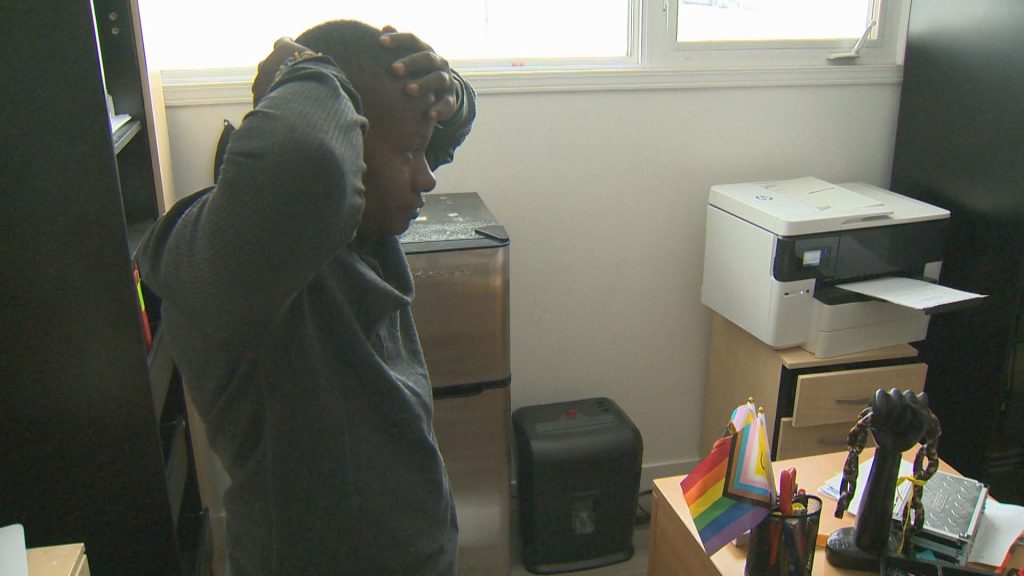Could infecting another person with COVID-19 lead to criminal or civil litigation?
Posted September 25, 2021 12:03 pm.
Last Updated September 25, 2021 12:04 pm.
EDMONTON (CityNews) ─ With multiple medical and community sources confirming a so-called COVID party in Edson, Alta., landed several people in ICU, one ER doctor is wondering what the legal repercussions can be − if any.
In a tweet Friday, Dr. Raj Sherman said “to intentionally catch and spread COVID-19, especially at peak of this crisis is ‘criminal.’” Sherman then asked any lawyers for their thoughts on the matter.
Under Alberta’s Public Health Act, anyone not isolating when symptomatic or after testing positive for COVID can be faced with charges, and prosecuted for up to $100,000.
READ:
- Alberta COVID party sends several people to hospital with virus
- ‘It’s just ignorant’: Edson residents, doctor react to ‘COVID Party’
But the question around pressing criminal charges, or even suing someone for spreading the virus, has yet to be tested in court.
“Arguing that infecting you with the virus intentionally constitutes a battery, there is a possibility for civil liability,” said Lorian Hardcastle, a health law and policy expert at the University of Calgary. “There is also some criminal case law. Most of the criminal case law is from the context of sexually transmitted diseases.”
Hardcastle says the big questions based on criminal cases involving HIV transmission is the level of risk and intent.
“So the liability would be different in a case where someone intentionally infected someone without them knowing, versus people gathering with the intention of developing natural immunity,” she said. “In that case, you would have that argument that there was consent around transmission.
RELATED: Alberta lawyer says suing province over COVID could be difficult
But Hardcastle believes civil court cases around COVID-19 infections are a possibility because it won’t be a question of intent, but rather negligence that brings about a suit for damages.
“Saying, ‘this person was negligent in their behaviour in relation to me, and I contracted COVID as a result of that.’ And the fact that that individual wasn’t following public-health restrictions would be evidence of that person’s negligence.”
Harcastle expects the next obstacle would be proving you got the virus from a certain individual, and not elsewhere, such as the grocery store.








